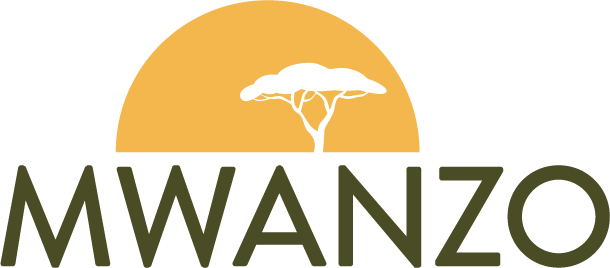Micro-Finance Changes Lives
One of the ways that Mwanzo partners with the people of the Rabuor area is through micro-finance that supports entrepreneurship, agriculture and education.
Small loans and grants make it possible for businesses to become self-sustaining, allowing people to cover life’s necessities and increasing overall economic activity. For example, Jane Okeyo and Pamela Omondi were able to scale up their businesses after receiving grants. Jane boosted her small kiosk in Kadongo village with extra stock, enabling her to pay her hospital bills for her family.
Pamela opened a shop and M-Pesa facility in Rabuor village. M-Pesa is a mobile phone-based money transfer service that allows customers to deposit and withdraw money from a network of agents. It is widespread in Kenya, bringing access to the financial system to many people who had to rely on cash previously. Having access in Rabuor has really improved the lifestyle in the community, since many people cannot access services in nearby villages due to old age and poor health, and it makes increased economic activity possible.
Proper nutrition is fundamental to human flourishing, and micro-finance has provided money to improve food security for families, buy medicines as needed, educate children and support other daily life needs. Many people in the area are HIV positive, including many children, making proper nutrition even more important. For example, George used to get one and a half bags of maize, but after he and his family received a fertilizer grant, he wanted to expand his farming. He took a loan to buy inputs and loan hire more land, so he now contributes more food to the school when the weather allows and sells some to further feed his children and aging parents, pay back the loan and educate his other children. He harvested four bags 90KG bags (198 pounds each) and bought some banana tubers and now he has a banana farm. If not for the poor weather, George would have doubled his harvest.
Women outside of Millicent Opundo’s chicken coop.
Millicent Opundo, a widow with three children, has a chicken coup. Due to lack of enough capital to buy modern chick feed and medication, she could not continue to expand stock as she desired. After receiving a grant she managed to buy 20 extra chicks, feed, and medicine for the entire stock, raised them to market size, and sold them. She used the proceeds to renovate her house and pay school fees for her child in high school.
Micro-finance loans have also directly enabled many students to continue or complete their education. Gilbert and Judith have seven children and two elderly parents. The family had two children in high school in 2021, and one had to drop due to lack of school fees. After getting a loan, they paid the fees for both. Janet, a widow with six children, was able to pay the arrears owed for her daughter Christine to receive her high school certificate.
Thriving businesses, increased food security, and education – all made possible by micro-finance through Mwanzo. Hope has a home here.

